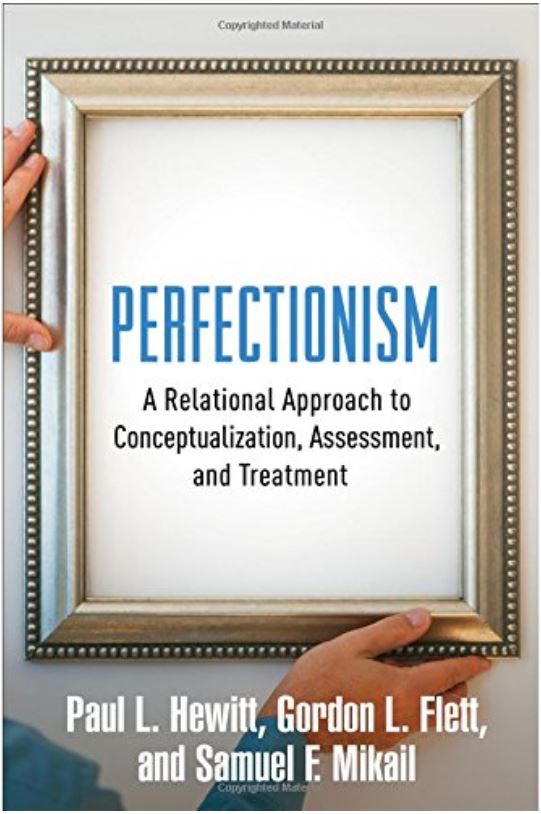文章來源:DaisyCode
我們都需要勇氣
“Let Go of Who You Think You’re Supposed
to Be and Embrace Who You Are”

追求完美和優秀是兩回事。
我們有時會聽到小有成就的那些人說,因為他總覺得不夠好所以設定更高的目標和標準,發憤圖強的讓自己推向更好的未來走去,或者是明明有大好前途的人,卻有了自殺的消息。為什麼呢?
這些人往往忽略了完美主義者脆弱的一面,譬如沮喪,厭食和自殺。
在完美主義糖衣的背後,是來自於“害怕失敗”。而完美主義者往往傾向於拖延,因為不開始做,就不會有失敗。完美主義者大部分不會發現自己在拖延,有時會因為害怕失敗而退縮,但是又因為完美主義者通常都有負責任的心使得心理狀態更糟糕。
“擁有我們的故事並通過這個過程愛自己是我們將要做的最勇敢的事情。”
放開別人對我們的想法

完美對於追求完美的人來說是不可能達到的目標。
所以都會不可避免地陷入失敗和心理混亂。他們很執著想要贏得別人的肯定,並透過一次又一次完美無瑕的表現,來證明自己的價值。他們長期反覆思考自己的不完美,細想本來可能或本來應該要達成的事情,並且對於自認不足和無價值之處,感到很焦慮,甚至覺得羞愧和罪惡感。
你知道追求完美的心態已經造成嚴重的心理疾病了嗎?Paul Hewitt博士在加拿大UBC建立了完美主義和心理病理學實驗室。
Who is Dr. Paul L. Hewitt?

Dr. Paul L. Hewitt is a professor of psychology and a registered clinical psychologist whose research interest focuses primarily on personality vulnerabilities and their implications for psychological difficulties among adults, adolescents, and children. In particular, he has conducted extensive research on the construct of perfectionism as a maladaptive and multidimensional personality trait – an interpersonal style that is related to problems such as suicide, depression, personality disorders, and relationship, achievement, and health problems. Additionally, he is conducting research on the treatment of perfectionism and provides assessment and treatment for individuals with perfectionism problems and trains clinicians in the treatment of perfectionistic behaviour. He also conducts workshops on the treatment of perfectionism and does public lectures and presentations.
“我更多地致力於尋找追求完美的原因———被接受、被關愛的需要,那些人際間的需要才是驅動完美主義行為的原因。”
— Dr. Paul Hewitt

Join The Perfectionism & Psychopathology Lab with Dr. Paul L. Hewitt
Dr. Paul L. Hewitt發現,完美主義者認為如果他們表現不完美,就沒有人疼愛。而事實上,真正的完美不可能實現,所以,他們永遠也感受不到被愛。
“他們並不知道,愛不以成就為標準;學會接受自己和別人的缺點,不會導致平庸,而是通向美好生活的通途。”
— Dr. Paul Hewitt
Grounded in decades of influential research, Dr. Paul Hewitt’s new book Perfectionism: A Relational Approach to Conceptualization, Assessment, and Treatment thoroughly examines perfectionism: how it develops, its underlying mechanisms and psychological costs, and how to target it effectively in psychotherapy.
為自己勇敢一次吧!
“Owning our story can be hard but not nearly as difficult as spending our lives running from it. Embracing our vulnerabilities is risky but not nearly as dangerous as giving up on love and belonging and joy—the experiences that make us the most vulnerable. Only when we are brave enough to explore the darkness will we discover the infinite power of our light.”
★本內容版權所有。 對於任意翻印、剽竊、抄襲、轉貼;將訴諸法律途徑,絕不寬貸。
